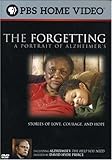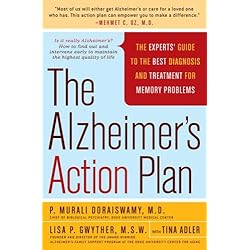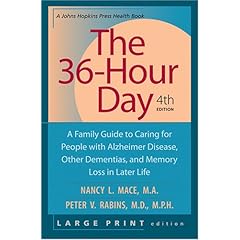Short Mental Exercises May Slow Decline of Aging Minds
Older adults who did the basic exercises followed by later sessions were three times as fast as those who got only the initial sessions when it came to activities of daily living, such as reacting to a road sign, looking up a number in a telephone book or checking the ingredients on a medicine bottle -- abilities that can spell the difference between living independently and needing help.
To continue reading go here.
 Lifestyle Factors Contribute to Lowering and Raising Risk of Alzheimer's Disease
Lifestyle Factors Contribute to Lowering and Raising Risk of Alzheimer's Disease- Unmarried status in mid-life and heart disease factors may increase Alzheimer's risk.
- Repeatedly thinking about problems may reduce Alzheimer's risk.
- Metabolic Syndrome May Lead to Cognitive Decline.
 Abnormal Thyroid Levels Can Increase Risk For Alzheimer’s Disease in Women
Abnormal Thyroid Levels Can Increase Risk For Alzheimer’s Disease in WomenThyroid disease, resulting from either low or high thyrotropin levels, has been found to be associated with an increased risk of Alzheimer's disease in women
To continue reading go here.
PBS The Forgotten DVD
"The Forgetting" did a beautiful and honest job of capturing those thoughts and feelings and emotions that the loved ones face through the long, slow course of this disease.
As an elder law attorney who deals with dementia and Alzheimer's on a daily basis I strongly recommend this dvd. It is a sobering and realistic insight into what is coming next in your journey as a caretaker. It is so valuable in fact, that I have several copies that I keep to loan out to clients. If you are dealing with the issue of Alzheimer's disease, you must see this dvd.

For more Insight into Alzheimer's Disease
Subscribe to The Alzheimer's Reading Room
Bob DeMarco is an Alzheimer's caregiver and editor of the Alzheimer's Reading Room. The Alzheimer's Reading Room is the number one website on the Internet for advice and insight into Alzheimer's disease. Bob taught at the University of Georgia, was an executive at Bear Stearns, the CEO of IP Group, and is a mentor. He has written more than 700 articles with more than 18,000 links on the Internet. Bob resides in Delray Beach, FL.
More from the Alzheimer's Reading Room
- The Alzheimer's Reading Room--Press Release
- Test Your Memory (TYM) for Alzheimer's or Dementia in Five Minutes
- Questions About Test Your Memory (TYM) for Alzheimers and Dementia
- Dimebon Clinical Trial?
- The Thyroid and Alzheimer's
- Are Alzheimer's Caregivers the Forgotten?
- Flavanol-rich Cocoa Consumption Improves Blood Flow to the Brain
- A Simple Three Minute Test Can Detect the Earliest Stage of Alzheimer's Disease
- Eli Lilly Launches Two Late Stage Clinical Trials for Alzheimer's (LY2062430)
- Is it Really Alzheimer's or Something Else?
- Wii a Useful Tool for Alzheimer's Caregivers
- Five Ways to Keep Alzheimer's Away
- 2009 Alzheimer's Disease Facts and Figures
- The Mini-Cog Test for Alzheimer's and Dementia
- What is Dementia?
- A Real Solution to the Health Care Crisis
- 80 Percent of Medical Bills Contain Errors -- Fighting Mistakes







